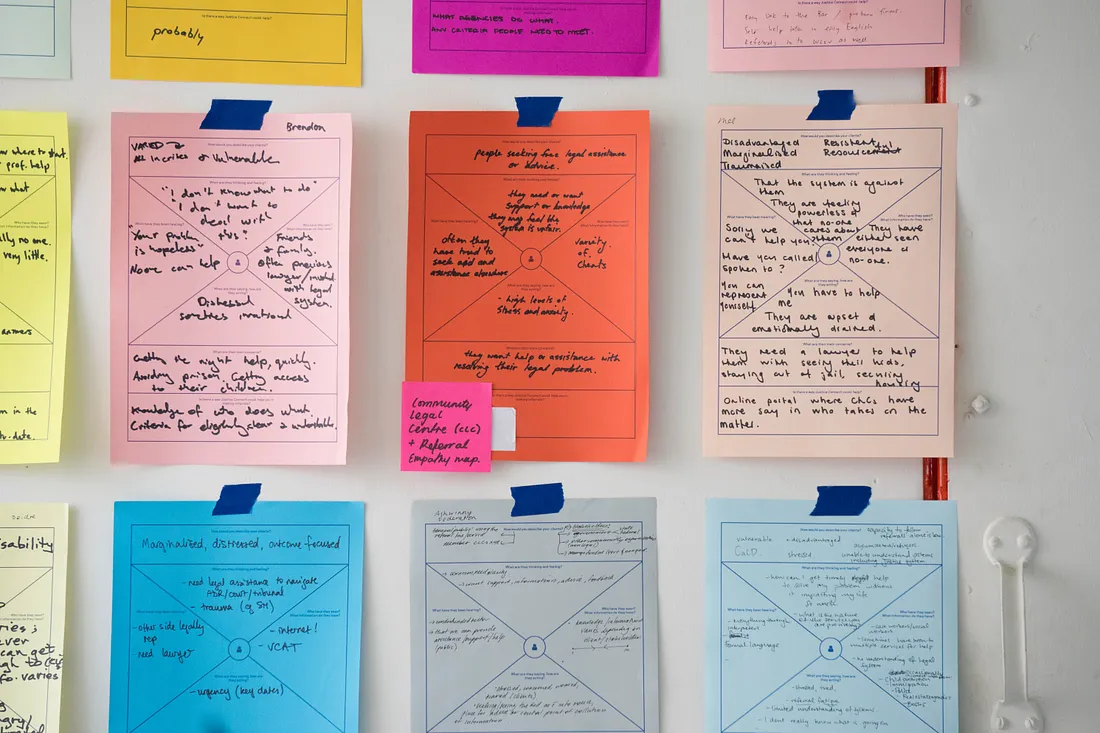March. It may seem like an inconspicuous month, nicely tucked in-between February and April, trying not to draw attention to itself. But when it comes to New Year’s resolutions, it’s a rather important month. It’s that time when even the most well-meaning, dedicated of us trying to keep our resolutions going have slipped and fallen back into our old ways, or flat out given up. Blame it on laziness, the dragging on of winter in some places, or the shiny allure of the thing we’ve been depriving ourselves of in pursuit of our goals —most New Year’s resolutions don’t stick around past February.
Consistency is a tricky thing. It is both appealing and monotonous at the same time, both necessary and a necessary evil. Doing something repeatedly with a pursuit in mind leads to results, and even goals achieved. And yet, I can’t help but feel a sense of animosity toward it. Is it just me?
Adherence has never been my strong suit when it comes to goals. I can dream, envision, fantasize, come up with ideas, and even get started by taking action. But sticking it out through the end by taking incremental steps, repeatedly? Still a work in progress.
What I have found useful in trudging along is this reminder: the process is not extraordinary or special, but the end result can be.
The process of most personal endeavors, when broken down into daily habits, is really not all that glamorous, or often even interesting. It’s the end result we’re fascinated with — how they got from here to there. And then maybe we’ll want to hear about the entire journey, but only if the end was captivating enough or relevant to our lives.
If we break down the process of any major undertaking into a single day, it looks pretty ordinary and plain. The person who won the Ironman Triathlon? In a single day he trained, ate nutritious food, trained some more, and got plenty of sleep (I’m guessing). Stephen King’s day? Probably lots of writing, a potty and food break here and there, some reading, and more writing. Elon Musk’s typical work day? Checking in on his team, drafting up ideas, lots of meetings and phone calls and email, and plenty of problem solving, with media-related activities possibly interspersed. How about Adele? Spending time in a studio, practicing songs, writing songs, recording.
When taken apart and dissected, the typical days of these individuals are not exceptional in and of themselves. It’s when they come together and add up into a lifetime of intentional action toward a remarkable pursuit that they begin to mean something and people take notice. The “process” becomes the “journey.”
I used to give up easier on creative pursuits because I expected the process to be more impressive than it ended up being. I thought by showing up repeatedly for a short amount of time, it would already be life-changing. A lot of pressure to put on the pursuit, I know. And pretty absurd logic I had.
But isn’t that the assumption of the lives of those who have “made it,” so to speak? That their days are filled with passion and excitement and zestful energy? Sure they are also full of struggle and hustle and hard work. But that’s not what is often talked about or seen. We see the end product, the achieved goal, the result of the hard work. And the glorious celebration of the published book, the finished race, the patented invention is assumed to have been preceded by days filled with similar rejoicing.
Maybe there are mini-celebrations along the way. Recognizing and honoring the milestones of the journey are important. But for the most part, the process is full of days of repetitive, mundane tasks that wouldn’t make the evening news. Writing, painting, sending an email, making a phone call, planning, designing, researching, calendaring, reflecting — all things that take us from here to there and are necessary in achieving our dreams, and yet all things that are simply part of a larger process and pretty insignificant on their own.
And so, telling myself that there is nothing glamorous about the process ironically helps me show up for it more consistently. There are no expectations of being blown away on my end and hence no room for disappointment. I come prepared to simply do a task — in my case write — to the best of my ability, knowing that it’s part of a larger work and purpose. And I remind myself that the tasks alone are no less valuable than the sum of them.
Our progress, the realization of our dreams, and the quality of our life depend directly on the level of our commitment to the process.
— Dr. Prem Jagyasi
